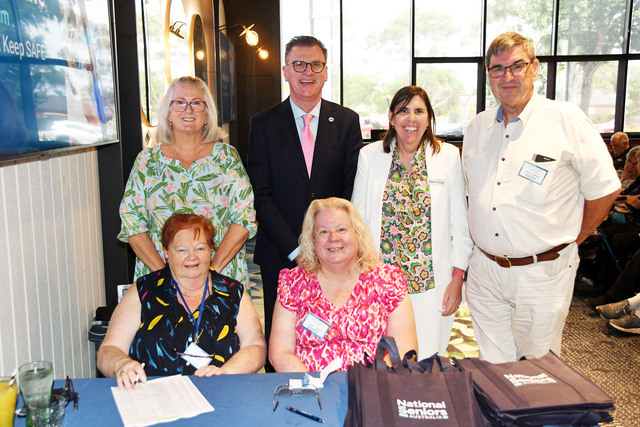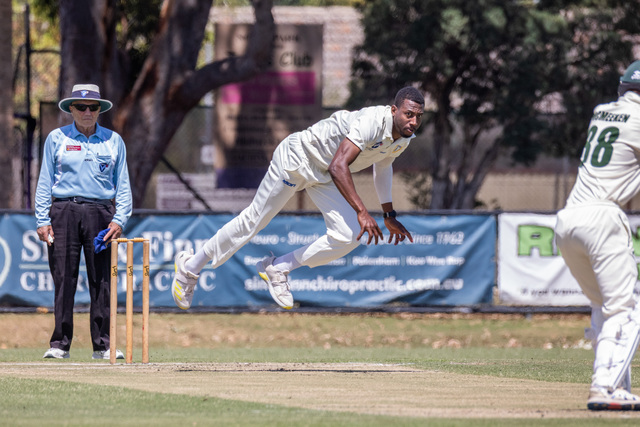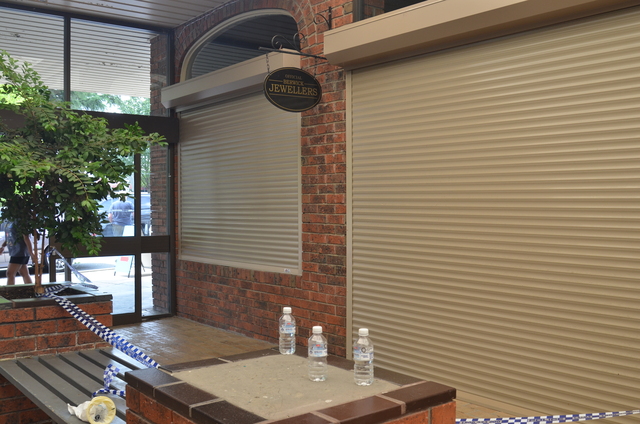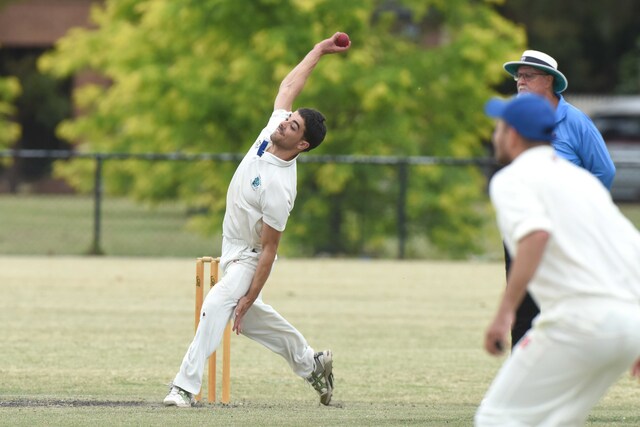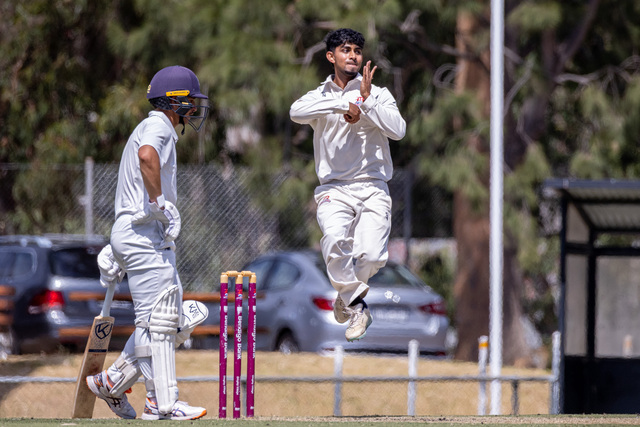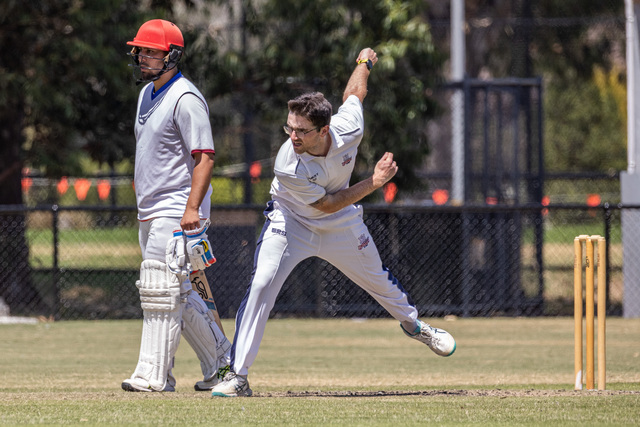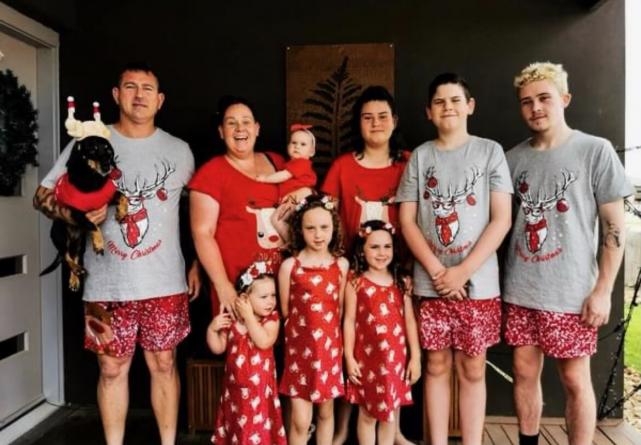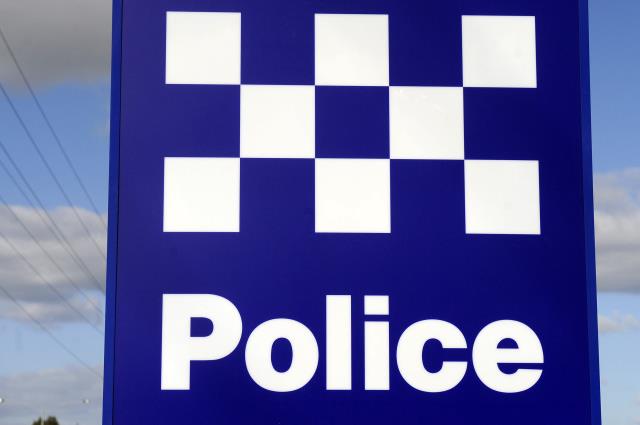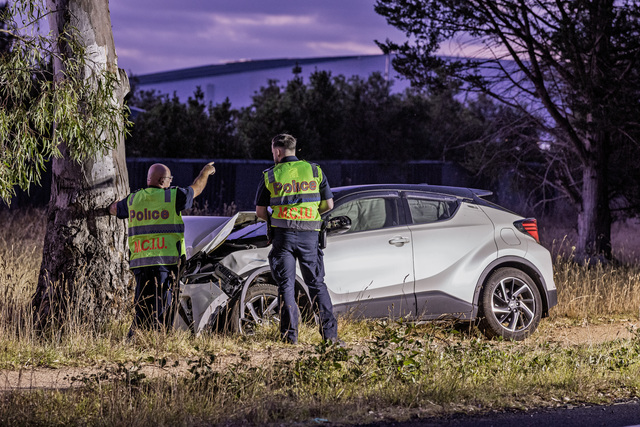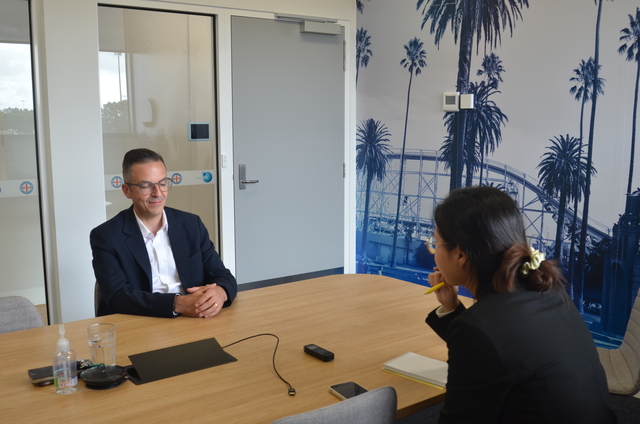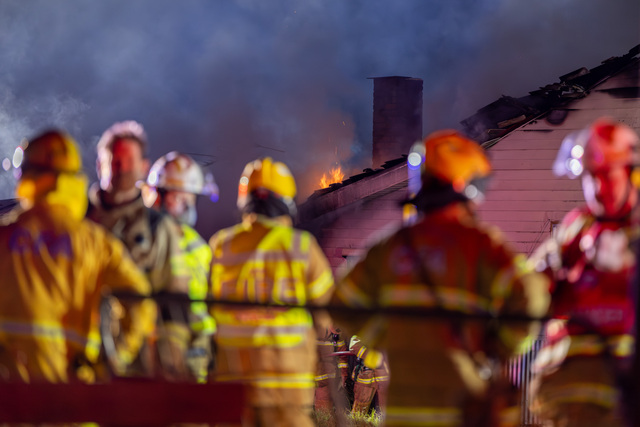The City of Casey’s Mayor, Stefan Koomen, released a statement acknowledging that the new Emergency Services and Volunteers Fund is unfair, despite legal requirements.
“We value the crucial role emergency services play in supporting our Casey communities; however, we believe this increased levy unfairly places further financial pressure on our community,” Koomen said.
In response to the recently introduced ESVF, a fleet of fire trucks and farmers from rural Victoria gathered at the steps of the Parliament in early May.
More recently, the City of Yarra’s mayor, Stephen Jolly, said to the Herald Sun that the city is actively considering legal avenues in order to oppose the ESVF, which is set to replace the current Fire Services Property Levy (FSPL) on 1 July this year.
As for Casey, Koomen added that the communities in Casey are “already well and truly feeling the impacts of cost-of-living pressures”.
“The Municipal Association of Victoria (MAV) have sought legal advice and has advised that councils are obliged to collect the levy on behalf of the State Government.
“Undertaking this role places extra pressure on council resources, and we will continue to work with the state government and other stakeholders, including MAV, to ensure a smooth implementation within our community,” he said.
Casey’s neighbour, the City of Greater Dandenong, has recently announced that it will not “boycott” the ESVF, with Mayor Jim Memeti reiterating this, but adding that “it probably needs a discussion”.
“I haven’t really thought about it as well.
“No one will benefit out of this because (ratepayers) have to pay it anyway, whether through council rates or any other way.
“So it doesn’t make sense to boycott it, you still have to pay it,” he said.
Under the new levy, residents would have to pay almost double the variable rates compared to the FSPL.
For residential properties, the median charge will grow by more than 30 per cent from $191 to $254.
Australian Lawyers Alliance spokesman, Greg Barnes SC, said that there may be a basis where the levy collection on behalf of the state government could be challenged.
“One of the issues might be whether the state government has the power to delegate that collection mechanism or function to local governments,” he said.
“Sometimes that could be the ground for these kinds of cases.”
He added that these cases can be seen in Australia’s highest courts, and it would not be surprising that other councils have their eyes on the City of Yarra to “join the challenge”.
The proposal will be debated by the City of Yarra councillors on 17 June.




